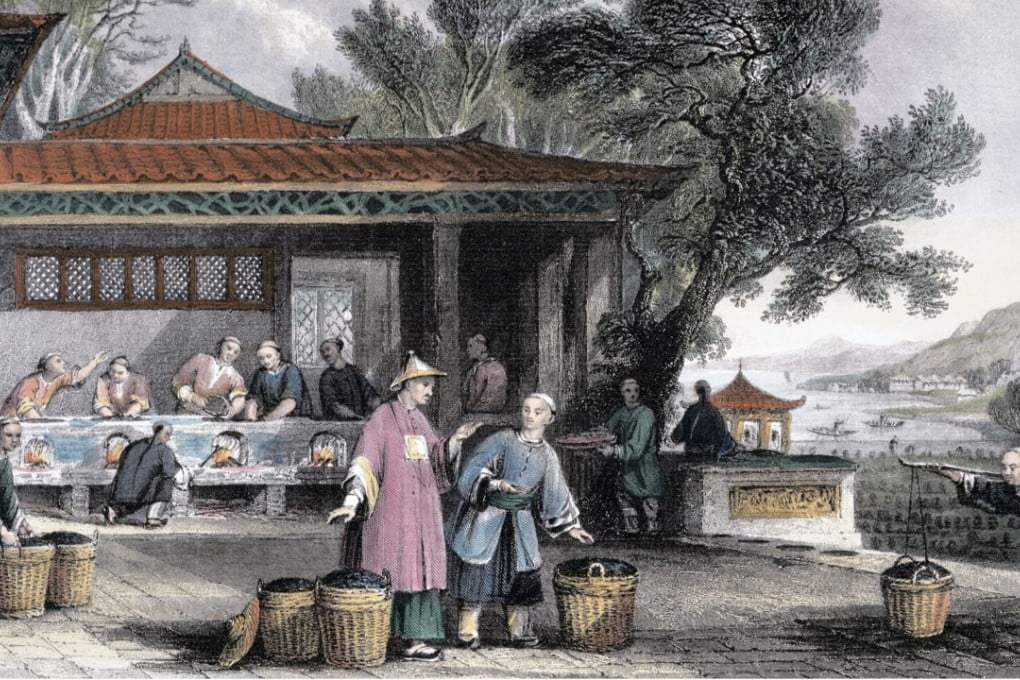The great tea robbery: how the British stole China’s secrets and seeds – and broke its monopoly on the brew
China dominated the tea trade until the East India Company broke its monopoly, having sent Scottish botanist Robert Fortune on a covert mission
to steal its plants and tea-processing technique 170 years ago

Within the elegant confines of one of Hong Kong’s classic colonial buildings, tourists are partaking in the most quintessential of Chinese cultural activities.
Some appear slightly bewildered by the selection at the LockCha tea room, in Flagstaff House, Central, which ranges from green teas such as Taiping Monkey King to the sharp fermented red teas, including the popular Lapsang Xiaochong. The 70 or so brews are sourced directly from farmers under the supervision of founder and tea master Ip Wing-chi, and business appears to be booming.
“Tea has become more popular day by day here because people are very interested in the health benefits and also tea’s place in Chinese culture,” says hostess and receptionist Shirley Chan Po-chu, before gently reproaching a British visitor who is filling her empty teapot with hot water.
“You must wait one minute before pouring the red teas but the green only needs about 10 seconds,” she explains, with a patient smile.
The Chinese have been drinking tea for more than 2,000 years – the poem A Contract with A Servant, by Wang Bao, penned during the Western Han dynasty (206BC-9AD), is popularly regarded as the earliest written account – so it comes as something of a shock to learn that tea is being imported into China from Britain.

